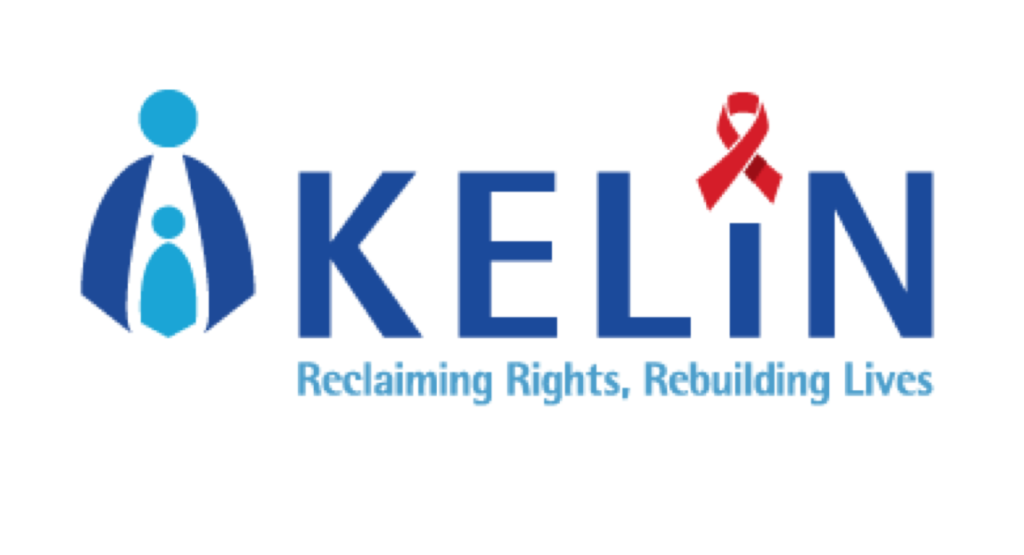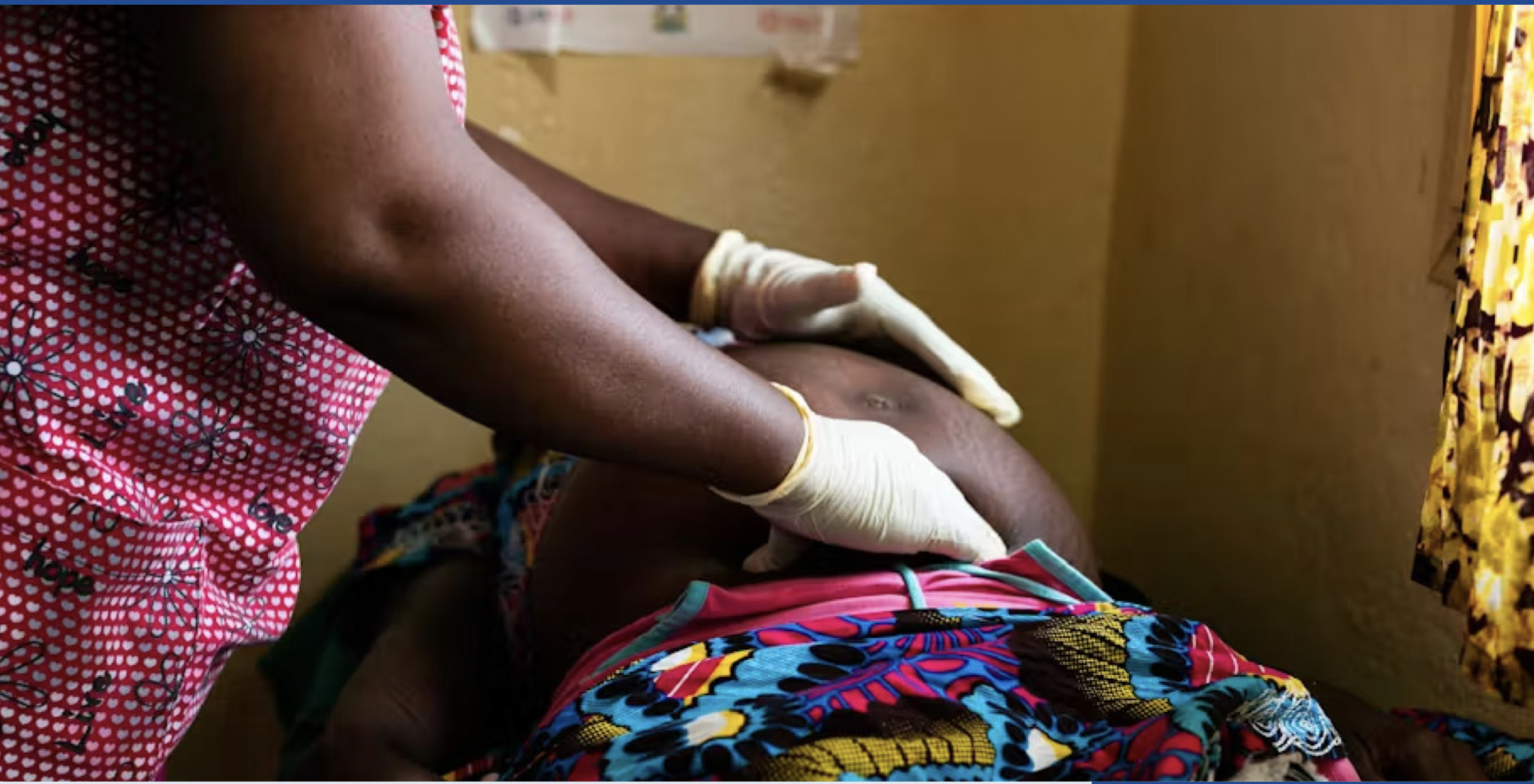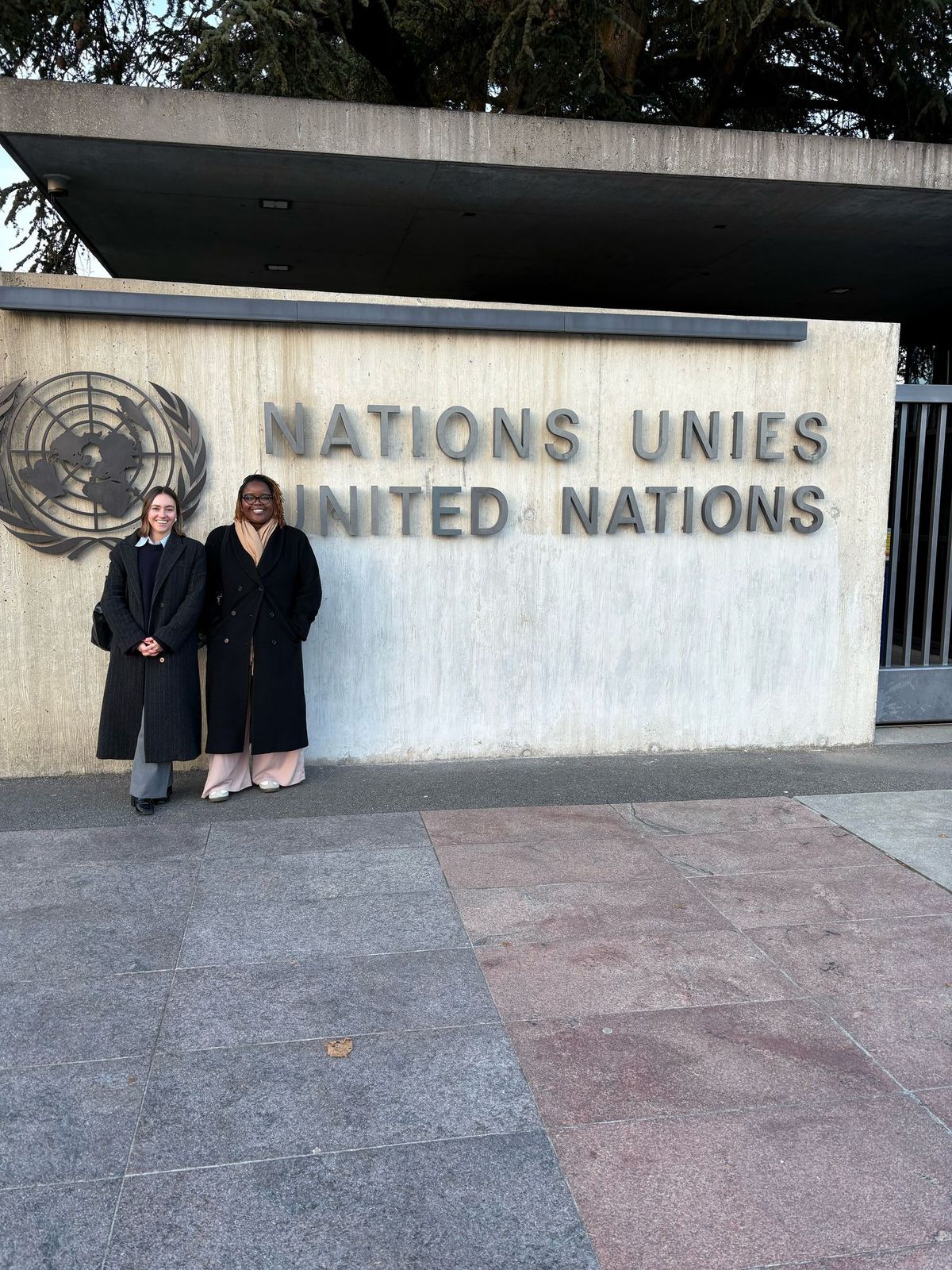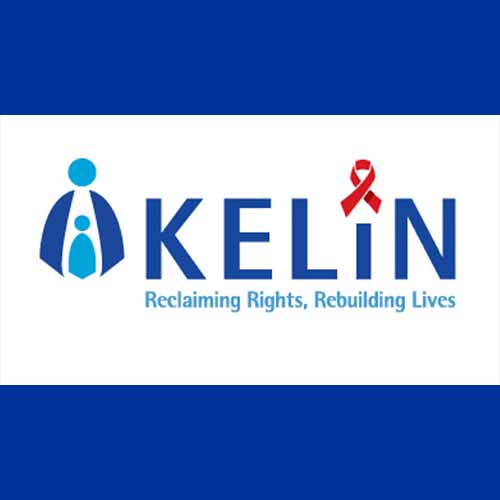- Introduction
I have been asked to make closing remarks and reflect on the last two days of the conference. It is not an easy task.
It seems appropriate to start with a stunningly simple, but profound quotation from the world famous lawyer, cum politician, who hailed from Qunu, in South Africa. His name is Nelson Rolihlahla Mandela.
He said:
“To deny people their rights is to challenge their very humanity.”
And the last quotation is from Martin Luther King Junior.
He said:
“Injustice anywhere is a threat to justice everywhere.”
I suggest we carry in our hearts these memorable words of wisdom that should resonate with all people of goodwill.
- The learning of the workshop
We have come to the end of a phenomenal conference. We now know those who didn’t, that TB is one of the greatest killers. It is highly infectious. The statistics are chilling. The pain is unimaginable. The tears shed would fill up rivers. For the last two days, the sharp and decisive question we have been trying to answer is, how do we integrate issues of human rights in fighting TB? We don’t have solutions to all the questions posed-but we have found common ground-that human rights are at the heart of an effective TB response.
We were reminded, not in exact words, by Justices Kirby and Cameron, the stalwarts of our cause, that although law is not a panacea to all ills, in good hands and informed minds it can be a force for good-as long as we remember that the ultimate objective of law is the welfare of society.
In the last two days we have learnt that:
- Tuberculosis is a disease of poverty and inequality that particularly affects key vulnerable populations such as health care workers, prisoners, migrants, miners, etc.
- That a human rights based approach is critical in enhancing access to health services.
- The integration of human rights based approach into TB programs, policies, and interventions can help achieve universal access to TB prevention, care, and treatment through:
- Contributing to TB prevention;
- Facilitating access to care;
- Empowering patients and communities;
- Reaching key vulnerable groups;
- Improving quality of services;
- Preventing drug resistant TB and promoting rights respecting treatment.
- We have also learnt that it is critical that health professionals explain the effects of treatment to patients and to treat all patients with respect and dignity. Dignity, resides in every human being and as the Indian and other jurisprudence teaches us, the dignity of a pave dweller is as important, and equal to that of a President. Similarly, the rights of TB Patients are non-negotiable.
- One of the great lessons from this workshop is that all of us engaged in fighting TB, from whatever angle, need to anchor our response on the scientific knowledge on the nature of TB, its causes, modes of transmission, and trends.
- That in responding to the problem of TB it is important to engage with and involve persons with TB-as they often say, “Nothing for us, without us.”
- That there are high levels of stigma and discrimination from families, communities, and public health facilities—as one speaker said yesterday: “My family prepared for my burial because they thought I cannot survive TB.” Justice Cameron also spoke eloquently about internal stigma which is rife in our society.
- There was also a passionate call that we must start investing in communities-building capabilities of communities and ensuring that we encourage adherence and treat patients as people.
- A unique workshop
I have attended numerous human rights conferences. This particular one was unique. It was unique in that it had a real feel and unmistakable sense of urgency. We were addressed by many TB patients whose dignity and humanity was restored by medicine. Some amongst them told of heart-wrenching stories of violation of human rights by health providers; being stigmatized and even disowned by their own families. Judges are used to facts being told through the medium of affidavits (where a matter is brought by way of an application) – which to some extent is impersonal-affidavits never drive the message home as powerfully as the people who stood before you and articulated what they went through. This approach made me realize that no cause/struggle can succeed if those infected or affected are not brought on board.
We are much more powerful and effective when we act together physicians, nurses, lawyers, social workers, civil society activists and judges-acting on the basis of scientific evidence and having the heart, brain and courage. Only when we act together-with human rights as our tool of trade can we succeed to tear down the mighty walls of injustice and prejudice.
But there is no point in learning or being conscious, if you cannot implement your learning. We need to conceive and implement programs to reduce stigma and discrimination, roll out legal services to TB patients, vulnerable groups, support and empower communities and engage in law and policy reform.
- A call to action to judges and civic society (message to judges)
The Courts are the final guarantors of fundamental human rights and freedoms. Courts can protect fundamental human rights firstly through the lawmaking powers of interpretation. It used to be thought that judges don’t make law; that thinking belongs to a bygone era. Judges may not be primary law makers; but they do make law.
Judges must not hesitate to be judicial activists. By this I do not mean they must be partisan. All I mean is that they must develop the law, common law, statutory law, customary law and align same with their constitutions wherever necessary. Most of our jurisdictions are constitutional democracies. We must use constitutions to protect rights by breathing life into it; remembering always that a constitution is but a promissory note. It falls upon judges to effect the promise. We must not treat constitutions as museum pieces.
Judges because of their learning, independence, impartiality, and integrity can provide a bridge between the status quo characterized by indignity and injustice and a future founded on the recognition of human rights.
Every historical epoch has its mood and the judges for that mood. It falls upon the judges of today to raise the bar on human rights discourse. To do this, they need to have hearts, brains, and courage. Courage, they need in large measure because the work of a judge can be perilous. This is more pronounced in jurisdictions with democratic deficit. As that doyen of British judiciary Lord Denning, once said: there are judges who are bold “spirits” and there are those who are “timorous” souls. The latter shiver in their boots when confronted with challenges that require them to protect human rights and hold the executive to account.
In jurisdictions where the legal and constitutional frameworks are not developed enough to protect human rights of people living with TB, international human rights law offers an opportunity to fashion appropriate remedies within the limits of the legal system they operate in.
Judges should not fear being overturned on appeal, as long as their assessment is founded on sound legal reasoning and finds support in the law, for as justice Robert H Jackson, of the US Supreme Court, once said:
“We are not final because we are infallible, but we are infallible, only because we are final.”
- How civil societies can use courts to advance human rights
Civil societies, including political movements, have historically turned to litigation to advance the cause they believe in. The resulting litigation is best described as strategic.
In this context, the litigation is strategic in the sense that it attempts to persuade the Courts to use their learning and integrity to enforce the rights, especially of marginalized and vulnerable groups.
Strategic litigation casts Civil Society Organizations as some kind of a radical social critic of the unsatisfactory status quo and they litigate in order to persuade the courts to replace the present unjust reality with a just and equal future. Strategic litigation emphasizes the vision of justice as a continual struggle. Those involved in strategic litigation do not mourn lost cases, because its primary purpose is to advance a vision of a better society.
In my mind, Civil Society Organizations and other individuals engaged in the task of affecting a better society, the symbol of justice is not the traditional scales connoting calm and detached balancing of the scales but an imagery of a turbulent cascading river.
Strategic litigation serves to educate. It educates all those involved in the litigation, including the judges. It also teaches the broader society.
To this extent, civil society must understand that even judgments dismissing cases in which civil society sought to bring about a fairer and better society leaves behind a narrative of resistance. The lessons learnt by future generations are not that the case was lost, but that civil society groupings and lawyers found courage, energy, and creativity to resist injustice in the face of overwhelming odds.
Key Documents



